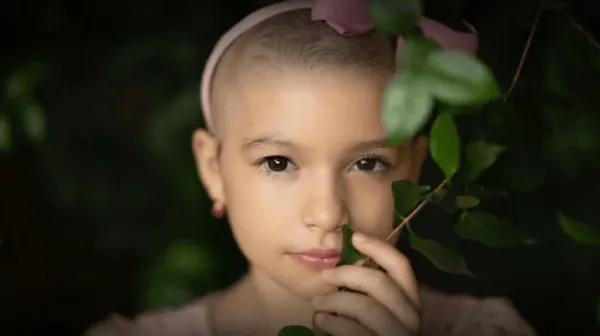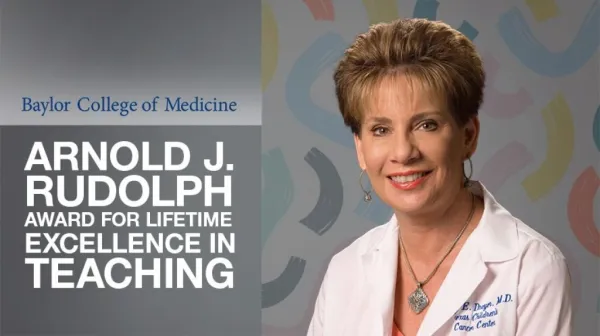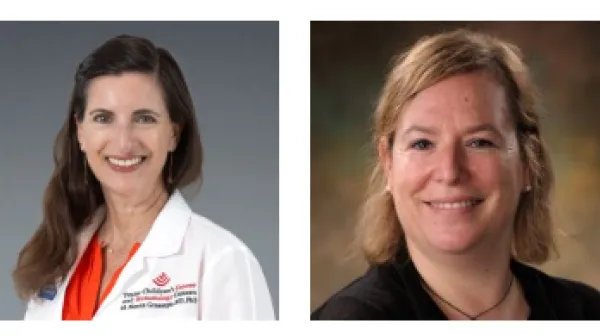Long-Term Survivor Program
For Clinicians

Top 10 in Cancer
Proud to be ranked one of the best children’s cancer centers in the country by U.S. News & World Report for nine consecutive years.






